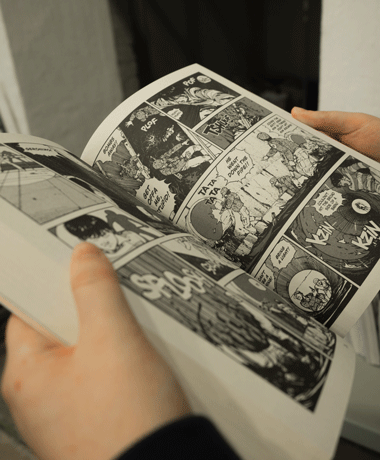We are kicking off a new series for our All Good Tales blog – Sit down with a storyteller. This week it’s master storyteller Robert McKee.
It’s no secret that storytelling is big for business, and who better to learn from than talented storytellers themselves.
We are starting off strong on this one, travelling all the way to sunny LA to speak to Robert McKee, the storyteller behind 60 Academy Awards and 200 Emmy Awards. He has mentored the likes of Joan Rivers, John Cleese and David Bowie.
Robert is currently travelling the world with his three seminars, Story Seminar, Genre Seminar and Storynomics. Over 100,000 writers, actors and creative types have taken McKee’s class around the world. You might remember McKee featuring in a certain scene from the film Adaptation.
According to Robert McKee there are three common mistakes that people make when trying to craft a story:
1. Narratives V Stories
Many organisations don’t tell stories they tell narratives. Narratives are weak, they are repetitious and boring. Narratives are a flabby kind of communication.
However, a story grabs your attention. Stories are dynamic, they move back and forth, they are both positive and negative. Stories draw you in, and empathise with the characters involved. A beautifully told story fits the mind.
Most importantly stories move people to action, narratives do not.
Stories move people to action, they take the step, purchase the product, hire your service. Overall it gives them a positive attitude to your brand. People will do what you want them to do. This is the purpose told story.
Stories are not a list, they are not a piece of entertainment or an anecdote.
All stories are narratives but not all narratives are stories.
2. Negaphobia
Fear of all things negative is everywhere in the business world. All business stories end on the positive, but a positive business story can only be a result of a movement through a negative floor. You have to move from the negative to the positive to have positive influence on people. If you are just cheery an dpositive all the time you will bore people. Nice and boring doesn’t move people, it doesn’t make them act.
Great stories have struggle, they are dynamic.
3. Finding your own voice
Organisations can get self conscious when finding their voice and this can really be troublesome.
If you are self conscious you will look for things outside of yourself for inspiration. This will prove artificial. When organisations think, “we must find our voice” inevitably they imitate others.
If you can tell stories well, a natural voice will evolve.
If you have a certain mentality and culture you will be able to create a voice that’s unique.
Be careful when seeking voice, find your own.
Last year we chatted to McKee, as part of our Mediaflash podcast you can listen to the interview in full here.
Enjoy this piece? Why not check out our newsletter – The Story. You can subscribe below.
